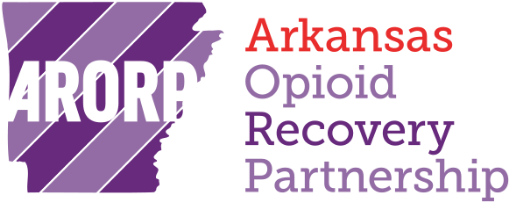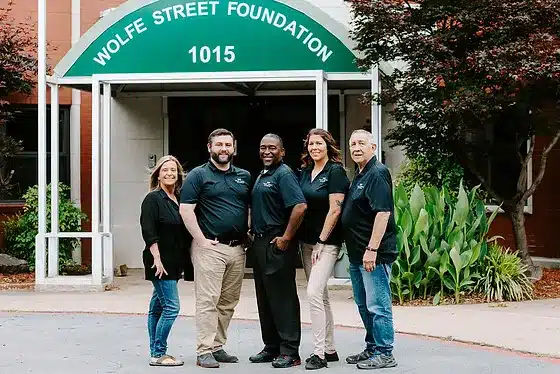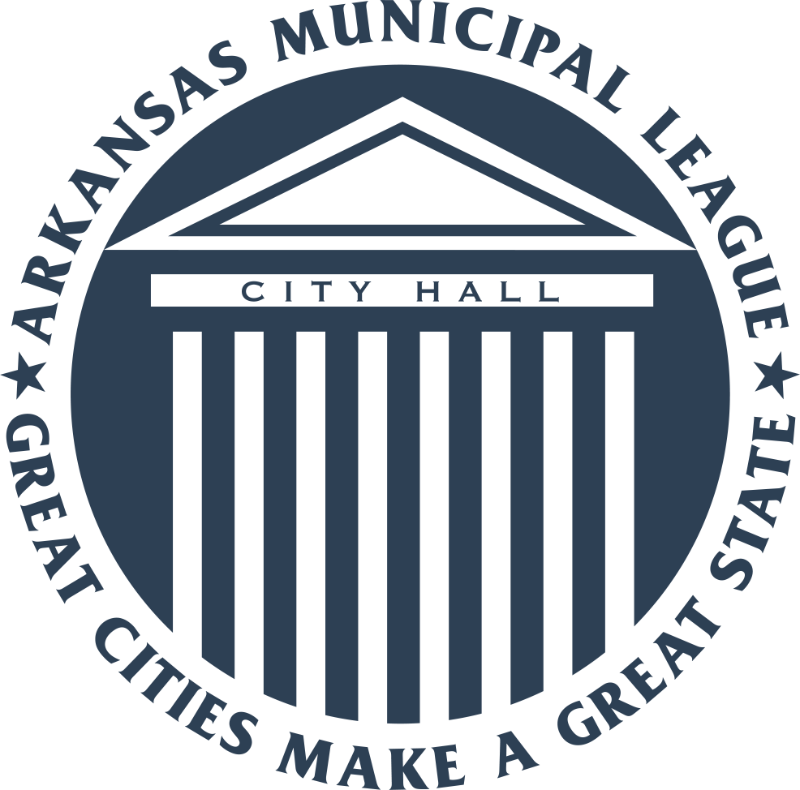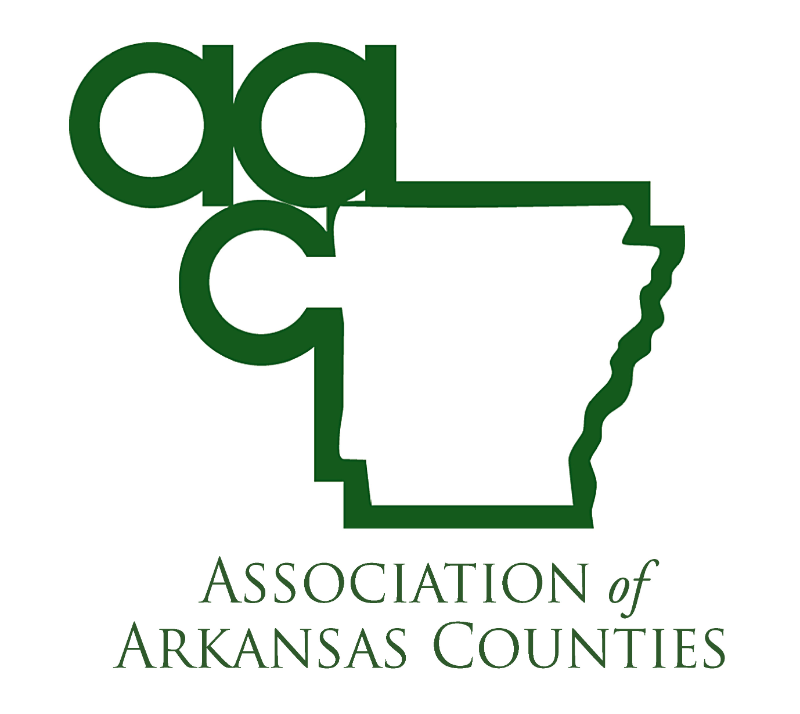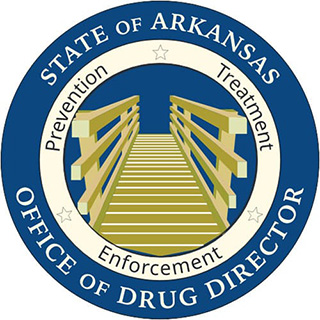Why you (yes, you) should carry NARCAN: A Q&A with Justin Buck, executive director of Wolfe Street
You offer NARCAN Overdose Reversal Training at Wolfe Street. What is NARCAN and how does it work?
NARCAN is the name brand for what’s called a naloxone nasal spray. It’s really easy to use and it literally saves lots and lots of lives in Arkansas every year. The TL;DR on naloxone is that it reverses overdoses by replacing the opioids in your opioid receptors. It’s a miracle drug to combat overdoses from fentanyl and other synthetic opioids because that’s what’s really driving the problem. It’s not the people who are using the substances. It’s this synthetic opioid that’s really hit the streets hard. We’re finding fentanyl in a lot of drugs. People think they’re getting hydrocodone or a prescription opioid when they’re really getting a counterfeit fentanyl pill. It’s hundreds of times more powerful than a natural opioid. So people are stepping up and saying, “Hey, I’m willing to get trained and carry NARCAN in case I encounter an overdose.”
Why is fentanyl showing up in all of these drugs?
It comes through Arkansas in bulk. The DEA has put out a threat assessment for this year and talked about how there are a lot of distribution cells in Arkansas that send fentanyl onto other major markets in the Eastern United States. It’s just flooded the streets. It’s a cheaper, more powerful opioid. Folks who know they’re getting fentanyl, someone is saying, “Hey, try this, this is a much more potent version of what you’ve been using for the same or less money.” It’s synthetic, so it’s manufactured and it’s easier to get your hands on it. Also, some people who are trafficking drugs are covertly slipping fentanyl into other drugs for that hook and it’s really doing some damage.
Can you walk me through what one of your trainings consists of?
We do our trainings on the fourth Saturday of every month from 10:30 a.m. to 11:30 a.m. here at Wolfe Street. One of our certified peer recovery support specialists leads, so you’re hearing from someone with lived experience in addiction and recovery who’s made a career out of this and received extensive training about how to help people get the resources they need to recover. What we teach people is how opioids work, how NARCAN works and is administered, how to recognize an overdose, what you do when you recognize one and — very importantly — how you follow that up with resources for you as a person who has experienced that, and with resources for the person you’re helping.
The most important thing that we want people to know is that using NARCAN isn’t the end of the interaction. When you start the process, you need to call 911 and get medical help on the way. The NARCAN is going to reverse the overdose and revive that person, but it only works for a short amount of time. The other thing we want people to know is that when you’re performing that service for someone, you’re protected by Good Samaritan laws because you’re rendering aid to a person. Also, if you’re the one seeking medical help for an overdose, you’re not going to be arrested during that time.
How long has Wolfe Street been offering these trainings?
We started doing regular NARCAN trainings in January or February of last year. At first, it was difficult for us to access NARCAN, but a lot of that has changed because we have a partnership with the Arkansas Opioid Recovery Partnership, which is an initiative of the Arkansas Municipal League and the Association of Arkansas Counties. That partnership now funds all of the doses of NARCAN that we need. When you finish the training, we give everyone two doses. That said, individuals can actually walk into a pharmacy and request NARCAN. It can be expensive, but sometimes it’s covered by insurance and if you have the GoodRx app, it’s pretty affordable to get a two-dose carton. I think it’s around $46.
How many people have been trained so far?
Last year, we trained about 300 people. And we’ve trained 113 more people since Jan. 1. We’re going to be training probably more than a thousand people this year. Previously we were restricted on who we could train, but this partnership has busted that wide open so now we’re not only training people who have a direct connection to someone with a substance use disorder.
You also offer on-site trainings for groups outside of the Wolfe Street facility. Who are you seeing take advantage of this?
So far, we’ve been training people who live in sober living and chem-free houses. We’ve partnered with several of those to train house managers, staff members and some residents. We’re targeting and seeing a lot of traction with schools, nonprofit organizations and some larger churches as far away as Texarkana. We’ve also trained a lot of individuals coming in from government agencies who are in public-facing agencies.
If an individual or group wants to sign up for a training, what should they do?
You can sign up for either at wolfestreet.org/register. We do accept donations, we are a nonprofit organization, but it’s always free to anyone who wants to join us. The individual training is on the fourth Saturday of every month and I can’t imagine a Saturday where we would be overfull. We have a really large facility here on Louisiana Street. We have the capacity to comfortably train as many as 80 people on any given Saturday.
This interview has been edited and condensed for clarity.
